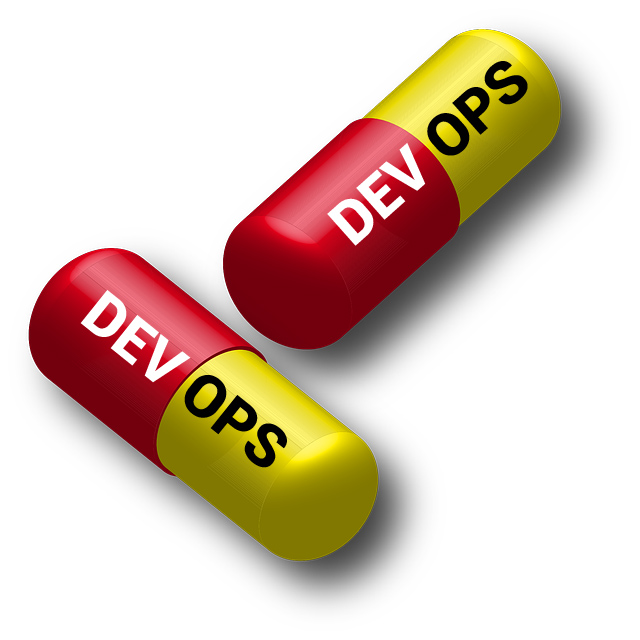Shadow IT is defined as an IT system, project or service which is built without the formal knowledge and ownership of the IT department. The result of Shadow IT is usually a dispersed IT ecosystem which is not centrally managed or controlled. With the increase in self-service availability of apps, platforms and infrastructure, some people feel that Shadow IT is an unstoppable force. However – DevOps may just be the antidote to this issue.
Potential business impact of Shadow IT
In the short term, solutions emerging from Shadow IT may be delivered quickly and resolve the immediate business need. But in the medium and long term, these quick fixes are more likely to result in:
- Reduced ability for IT to implement change. The IT department may be “out of the loop” regarding the current customer experience, so there is likely to be a gap in understanding of change requests and new requirements as well as a potential difficulty to implement them.
- Delayed product delivery to customers as a result of different workstreams not being in sync.
- High maintenance cost of the IT ecosystem. Shadow IT often introduces duplication of effort, and technical debt can quickly escalate.
- Resentment between the business and IT departments, which in turn introduces inefficiencies and reduces agility.
What are the drivers for Shadow IT?
Shadow IT is a product of the business desire to move fast, in combination with the increasingly available self-service options which allow pretty much anyone to create a product or service using pre-built features and tools. IT departments are seen by some as a blocker to change and business advancement, by sometimes pushing back on change and new feature requests – or delivering change at a pace which is too slow for the business. This triggers some to “take it into their own hands” and use the self-service options available to deliver a quick win to address a business need.
IT departments which are not agile enough to be able to accommodate business requests can find themselves being bypassed, as the business users are able to self-serve their needs.
Where does DevOps fit in?
DevOps is increasingly being adopted in IT departments to align businesses more closely with the customer need, increase their capability for business change, and improve the quality of products and customer interactions. DevOps has the capability to address Shadow IT by removing problems in IT delivery which are driving the business to use self-service options.
So – how does DevOps help?
Businesses that embrace DevOps principles can expect:
- Improved customer satisfaction as the business is aligned more closely with the customer needs and can deliver change in response to market demands.
- Higher quality products as automation reduces errors while improving consistency and standard of delivery.
- Increased agility, enabling business transformation and the capability to respond quickly to customer expectation.
- Increased business value delivered by IT as the streamlined delivery pipelines allow team members to spend more time producing real business value.
Where does that leave Shadow IT?
An organisation which is agile and able to deliver high quality to their customers based on customer needs has no reason to consider Shadow IT. If the IT function is servicing the business efficiently, then no business user will want to bypass IT in favour of self-service. When DevOps is working well, there are no business drivers for Shadow IT.
To put it in a nutshell, DevOps can be thought of as the perfect antidote to Shadow IT as it delivers speed and quality for customers, while ensuring the control is retained centrally.
Learn more
We’re happy to help guide you through every step of your DevOps journey. Contact us to have a conversation with one of our experts today!
Kalaiyarasi Ravichandran
Latest posts by Kalaiyarasi Ravichandran (see all)
- DevOps – the antidote to Shadow IT? - 20th March 2017

